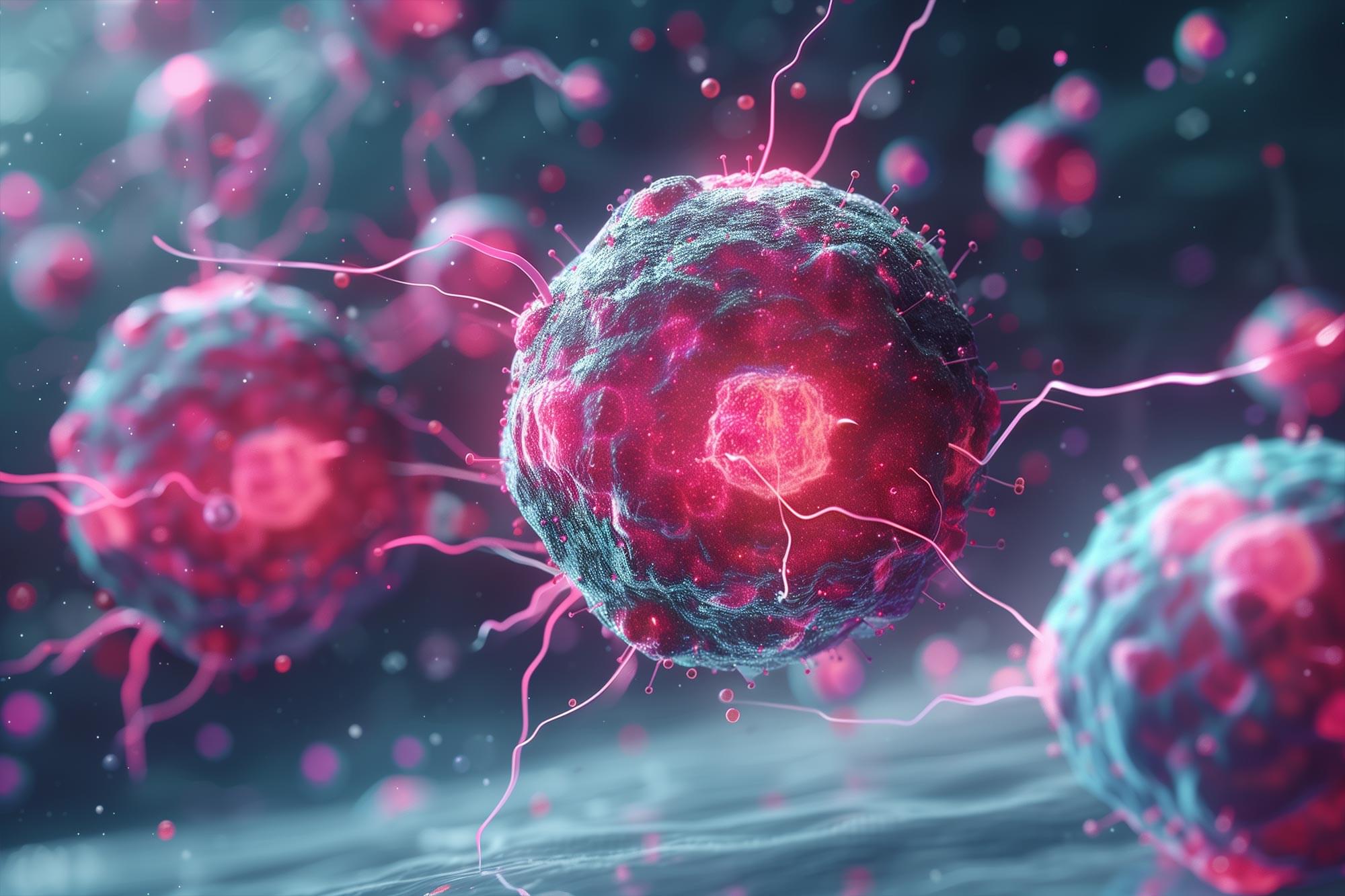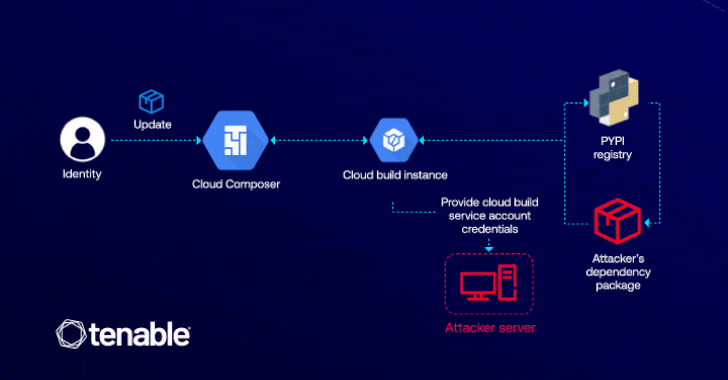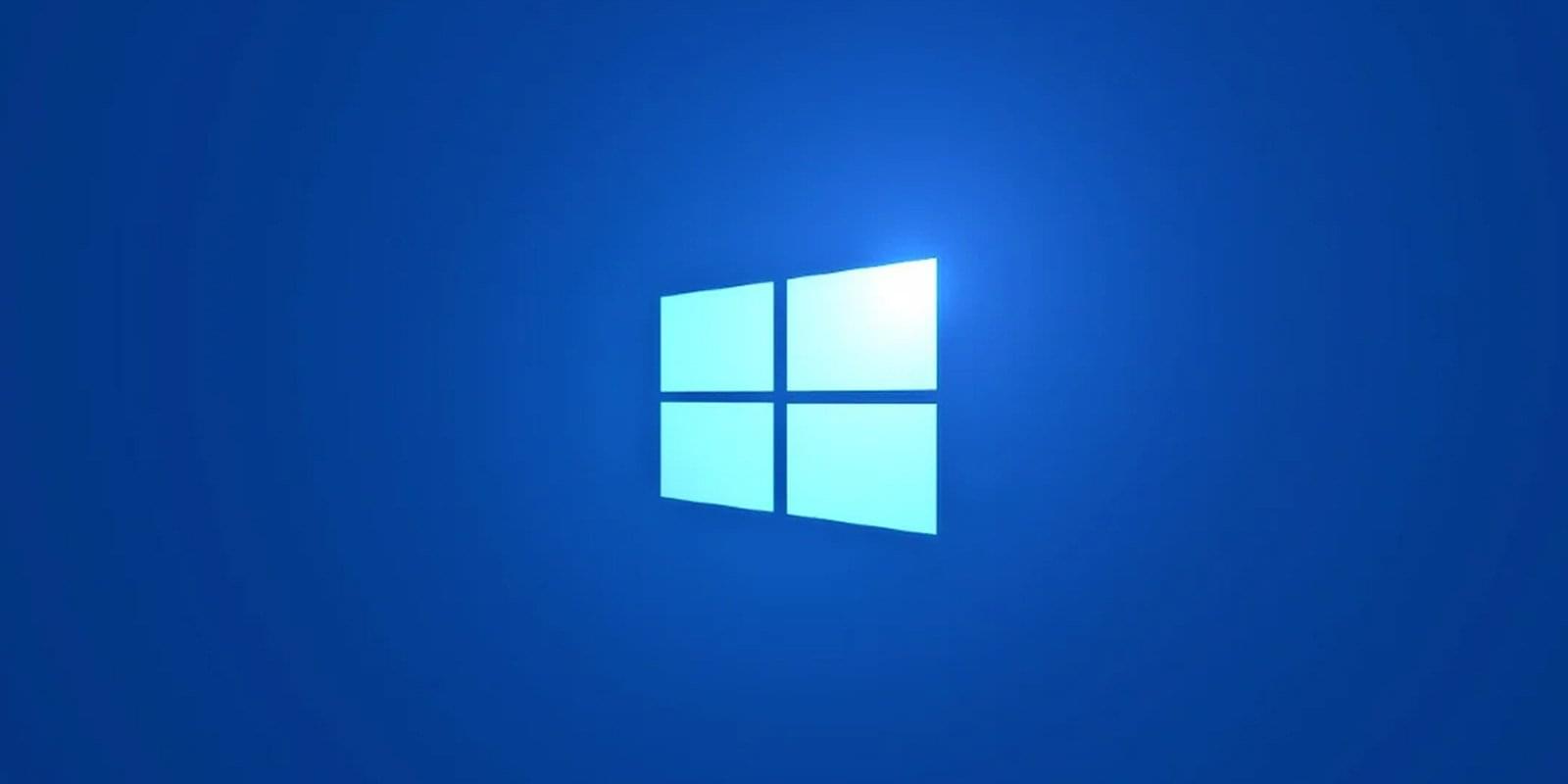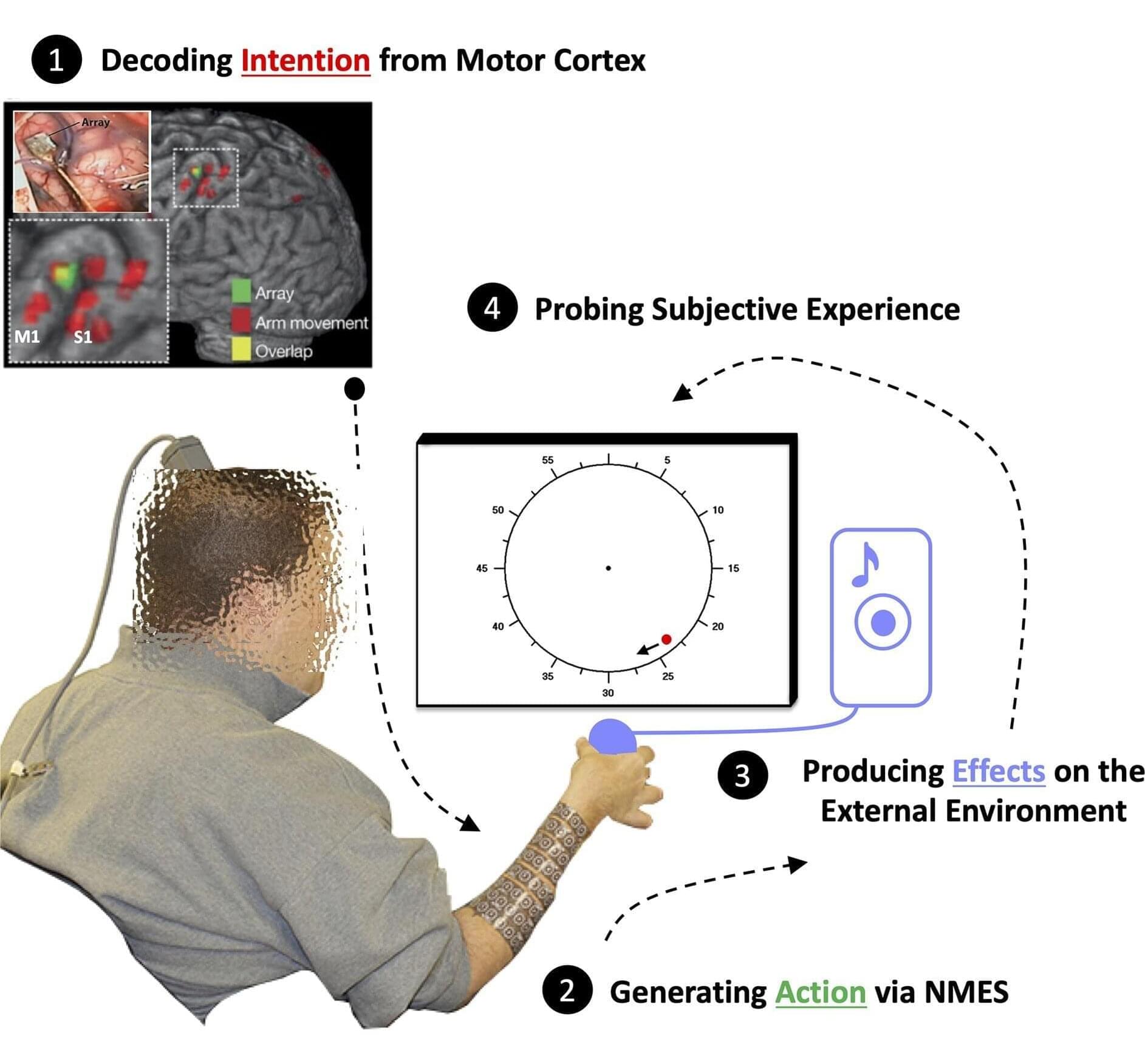Microsoft on Monday announced that it has moved the Microsoft Account (MSA) signing service to Azure confidential virtual machines (VMs) and that it’s also in the process of migrating the Entra ID signing service as well.
The disclosure comes about seven months after the tech giant said it completed updates to Microsoft Entra ID and MS for both public and United States government clouds to generate, store, and automatically rotate access token signing keys using the Azure Managed Hardware Security Module (HSM) service.
“Each of these improvements helps mitigate the attack vectors that we suspect the actor used in the 2023 Storm-0558 attack on Microsoft,” Charlie Bell, Executive Vice President for Microsoft Security, said in a post shared with The Hacker News ahead of publication.









